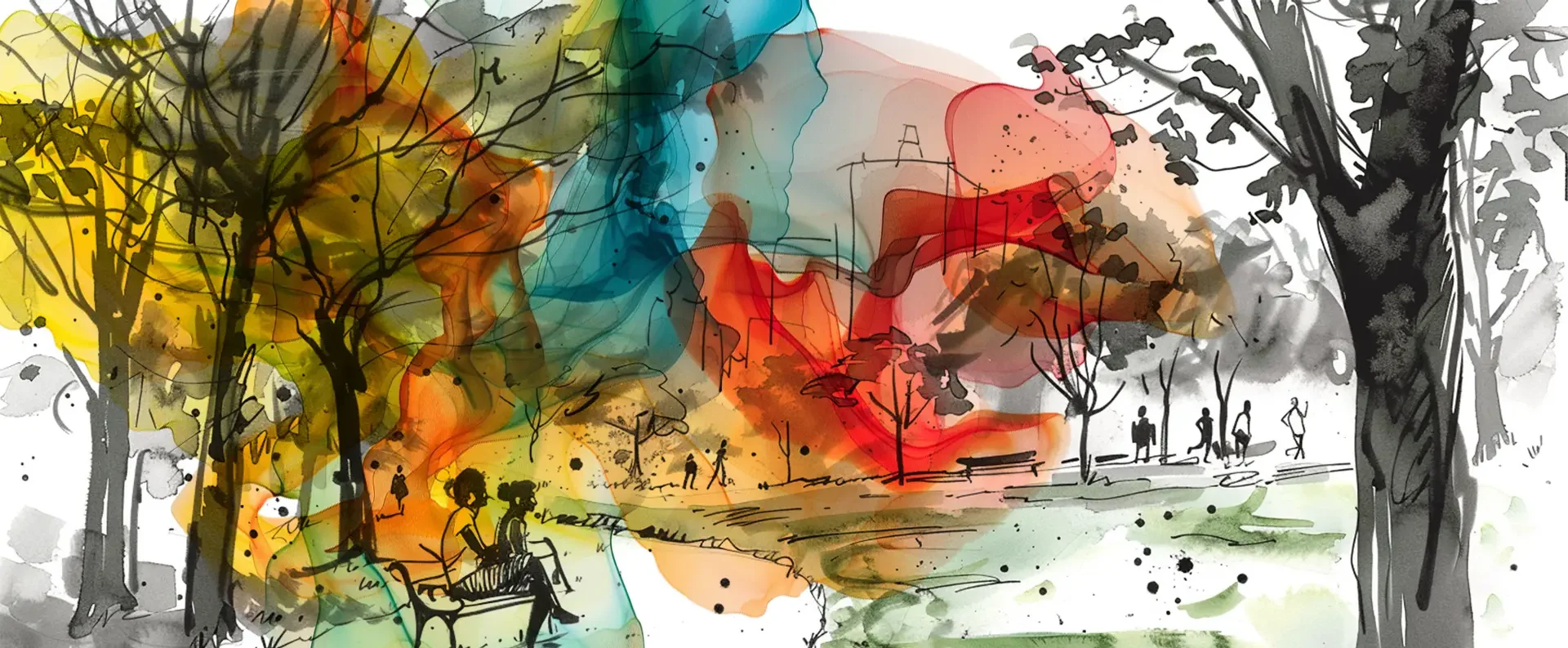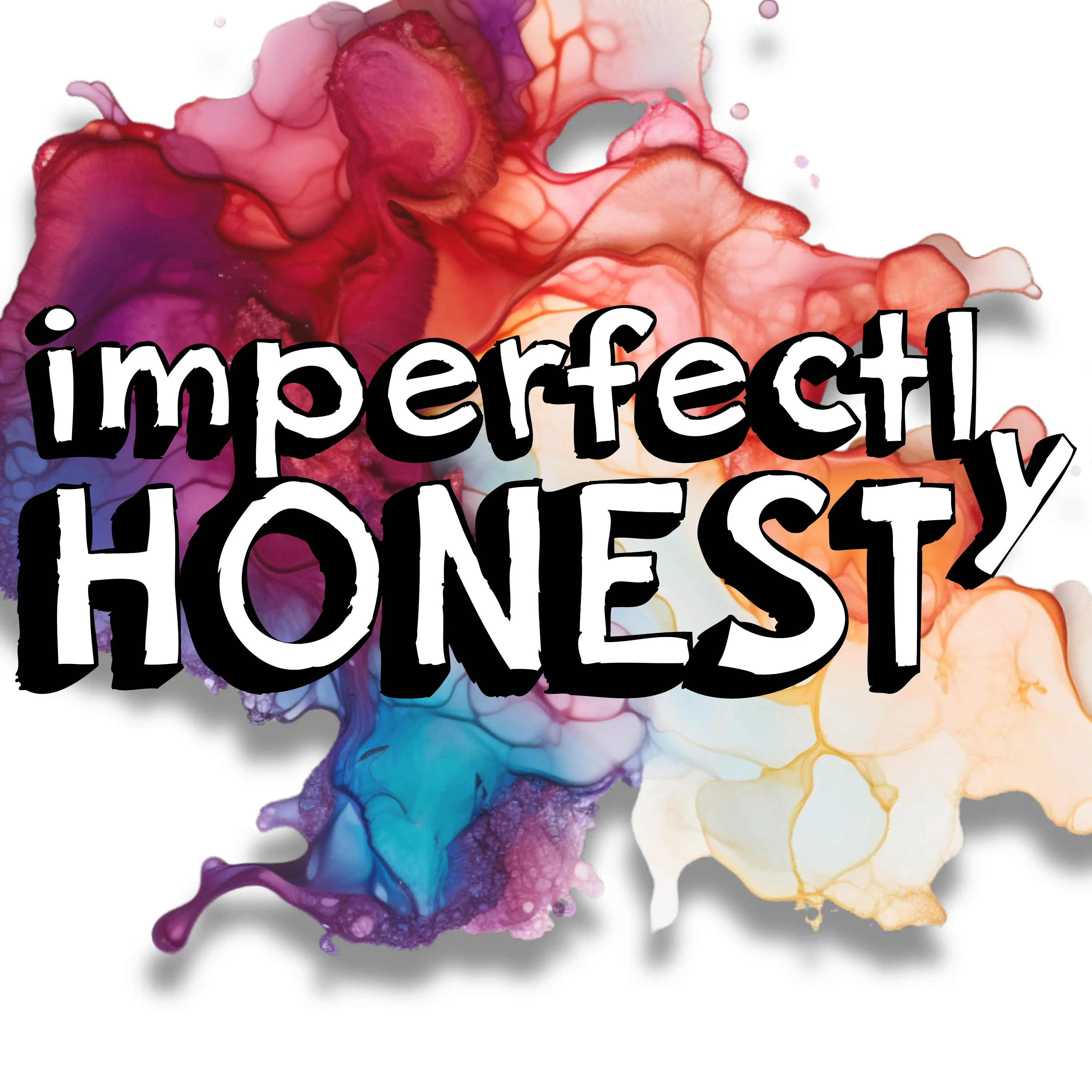I experienced a serious health scare in February. You can hear some of the details in this podcast interview with Techstars Founder David Cohen. This health scare resulted in the most profound self-realizations, life lessons, and relationship-deepening conversations I have had to date. Now that I am on my path to recovery and have my energy back, I feel inspired to share my story. I think this insight could be helpful to many of the people in my personal and professional network and beyond. Yet, I have learned that honesty and authenticity can backfire. I am unsure as to how much I should share and where and when I should share it. I have decided to start by simply outing this fear and sharing some of the lessons I have learned on this topic.
I am an oversharer. It feels totally natural to me to share deeply personal details and self-reflections with store checkout clerks, Uber drivers, and nearly everyone else I randomly encounter. My ability to do this in an artful, tactful way is one of my greatest strengths. It has enabled me to build meaningful connections in even ten-minute chance meetings. It has allowed me to create and enhance relationships with friends, family, strategic business contacts, and extraordinary, nearly impossible-to-access, highly accomplished people.
Oversharing can evoke an invaluable response.
Sharing my honest self-reflection to acknowledge my strengths and weaknesses, admit vulnerability, and own up to my missteps has almost always yielded a positive outcome. When I revealed some of the details about my recent health scare, I heard secrets that my loved ones had been holding inside for 30+ years; I learned that many people close to me had had similar experiences, but had been afraid to talk about them; and I learned important health-related details that helped my doctors arrive at a diagnosis, and helped me find a path to recovery.
Yet, oversharing can have unintended consequences.
When, on occasion, my oversharing has backfired, I have learned that:
- I may be unable to effectively communicate the message I want to share. I am always more articulate in my head than I am out loud.
- People may hear something different from what I intended to say. Generational differences, personality types, political leanings, family history, and life experiences affect whether and how a message is received.
- People can assume that I am not telling the full truth because it is hard for them to believe that someone could share such intimate details so honestly and openly.
- I may unintentionally hurt people, including those I love most.
- I may unintentionally discourage others from being honest, seeking help, or placing their faith in the hands of experts. I feel most nervous about this.
I will continually mess up.
Learning the above lessons does not mean I won’t repeat the missteps. Even in sharing earlier drafts of this post, I’ve managed to unintentionally hurt a few people who misconstrued my intended message.
I want people to tell me when I mess up.
I want to learn from this process. Please tell me if anything I say is unclear, if I do anything that hurts you, and, most importantly, if I discourage you or I might discourage anyone else from seeking help or helping others.
If you have any specific questions you would like to ask me, I would welcome the chance to answer them. Although, I’m still considering how many details I will share more publicly.
Subscribe to our blog to hear more of my knowledge nuggets and at least some of my juicy details.



